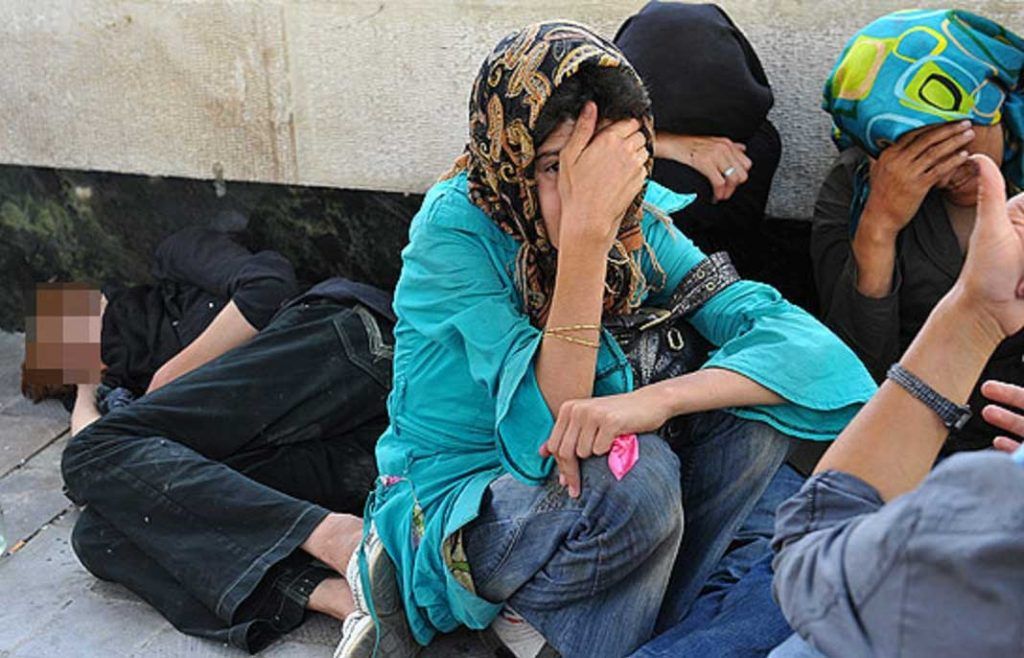Tuesday, September 27, 2016
A proposal calling for the compulsory sterilisation of homeless women with drug addiction was introduced last year. The idea received negative reactions from the women’s rights activists and the Ministry of Health and Medical Education. Iran Health Minister Hassan Qazizadeh Hashemi described the proposal as an “inhumane treatment”.
However, the proposal was revisited, following comments by Shahindokht Molaverdi, Iran vice president for Women and Family Affairs, who said that the programme should be studied and discussed in detail by the experts and the specialists. Molaverdi, however, stressed that the sterilisation should be carried out only with the consent of the woman.
Mohsen Roshanpajouh, the deputy head for the Department for Drug Prevention and Treatment of the State Welfare Organisation, said: “the truth is that the idea of ‘sterilising’ high-risk groups such as those with drug addictions is quite practical.”
Dr Ahmad Hajebi, General Director at Psychosocial Health and Addiction Office at the Ministry of Health and Education, said that the ministry had not taken any action in this regard. He added, “This does not mean we don’t have any plans. We will make an announcement once the proposal has received the approval of senior officials.”
Research has shown that the number of women with drug addiction has quadrupled in the past 10 years. One-third of those sleeping in cardboard boxes in Tehran are women. According to some data, four babies with drug addiction are born in Tehran everyday — and majority of them are abandoned. The fact that these newborn babies are left at hospitals shows that they are the results of unwanted pregnancies. Hospitals are much safer places for them than the conditions under which their mothers live.
Following the death of a newborn baby with drug addiction at a hospital, the file on the plight of these babies was reopened. It received the attention of the media and the officials. As a result, hospitals and the State Welfare Organisation were tasked with creating and maintaining a programme which would deal with “children with drug addiction” and “child abuse”. It was agreed that hospitals, the Judiciary and the State Welfare Organisation should coordinate their efforts in this area. Babies were be placed with the State Welfare Organisation and mothers were to be sent to drug rehabilitation centres.
Concerning preventing such pregnancies in the first place, the Ministry of Health and Education lists a number of centres which distribute contraceptives, under the supervision of Iran University of Medical Sciences. However, it is highly unlikely that these women would obtain contraceptives on their own initiatives, and that’s why these measures have not reduced the number of newborn babies with drug addiction. The officials in charge have now changed their views, and there are some talks of sterilising women with drug addiction.
[responsivevoice_button voice=”US English Female” buttontext=”Listen to this “]


